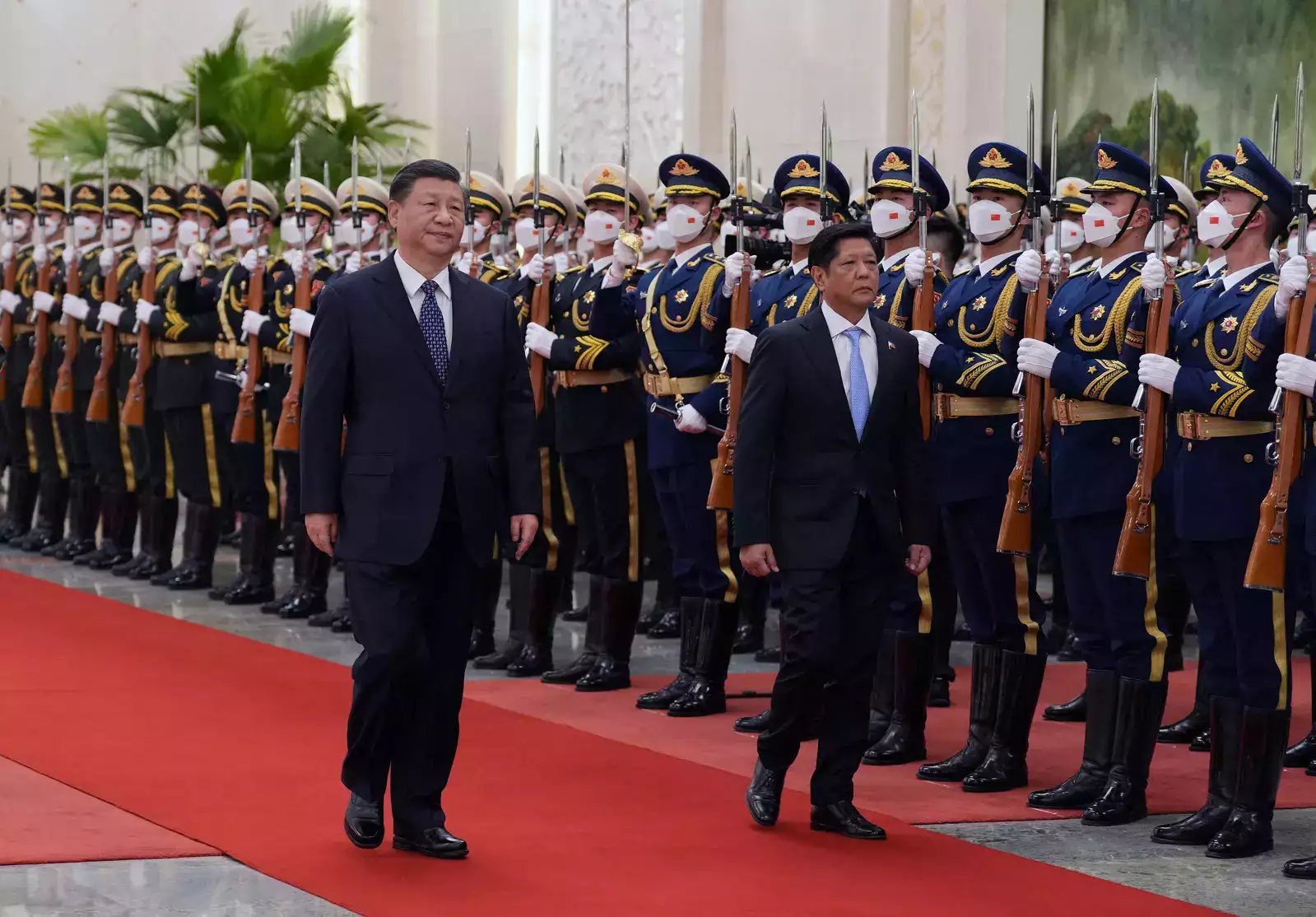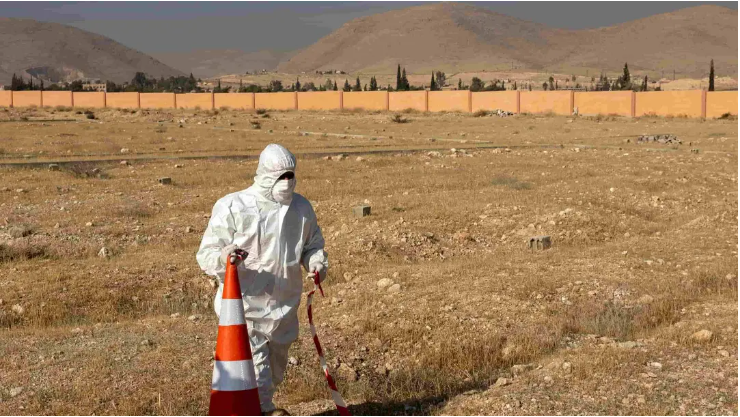PRC, Philippines Commit to Peaceful South China Sea Solution
China and the Philippines announced via a statement on Thursday that they would establish a direct line of communication regarding the South China Sea and resolve their disputes in the contested waterway through peaceful avenues.

Facts
- China and the Philippines announced via a statement on Thursday that they would establish a direct line of communication regarding the South China Sea and resolve their disputes in the contested waterway through peaceful avenues.
- The Philippines and China signed a framework agreement that contains 14 elements aimed at reducing tensions and strengthening economic collaboration. The new accord comes as both nations strive to mend a damaged relationship after the Philippines won an arbitral ruling in 2016 that invalidated China's claims in the South China Sea.
- After Philippine President Ferdinand Marcos Jr. met Chinese President Xi Jinping in Beijing, both leaders stated they would respect each nation's sovereignty and territorial integrity. They also agreed to resume talks on oil and gas exploration in the South China Sea and discuss cooperation on renewable energy, electric vehicles, and nuclear power.
- Both nations also declared the importance of maintaining peace and stability as well as freedom of navigation and overflight in the South China Sea. They will also hold an annual dialogue on security issues.
- Marcos said he had made a case for Filipino fishermen who have been denied access to their traditional fishing grounds by China's navy and coastguard. Pres. Xi promised they would find a solution to allow Filipino fishermen back into their fishing waters.
- Both sides also renewed an agreement on Xi's Belt-and-Road Initiative. PRC investors pledged $22.8B in renewable energy and other infrastructure projects in the Philippines.
Sources: Al Jazeera, Reuters, Economic Times, and Counter Currents.
Narratives
- Anti-China narrative, as provided by The Manila Times. The Philippines' position is that there is no territorial conflict with China. The reality is that China is claiming territory that belongs to the Philippines. The Philippines will continue to work with China and the other parties through diplomacy and dialogue. However, the Philippino position is clear: it will not give up even a square inch of the territory of the Republic of the Philippines to any foreign power.
- Pro-China narrative, as provided by Ministry of Foreign Affairs of the People's Republic of China. China has a solid historical and legal basis for its claims. China has never changed the basis or scope of its claims and has worked with ASEAN countries to maintain regional stability. The most significant risk to peace and stability in the South China Sea is the inappropriate intervention and frequent interference by countries outside the region. Nations without territorial claims in the South China Sea should respect efforts made by countries in the region to maintain peace and stability.






